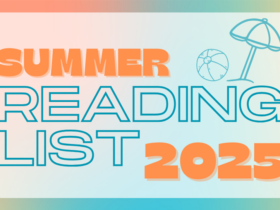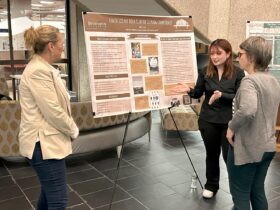As the official Black History Month comes to a close on this last day of February, we recognize the importance of amplifying Black and marginalized voices no matter what month it is.
In honor of Black History Month, the Libraries have created a reading list highlighting works by and about Black writers, creators, researchers, and activists. We encourage you to explore these resources, along with our Anti-Racism research guide, as part of your continued exploration of Black history.
A Lucky Man: Stories by Jamel Brinkley (print book)
Jamel Brinkley’s stories, in a debut that announces the arrival of a significant new voice, reflect the tenderness and vulnerability of black men and boys whose hopes sometimes betray them, especially in a world shaped by race, gender, and class–where luck may be the greatest fiction of all.
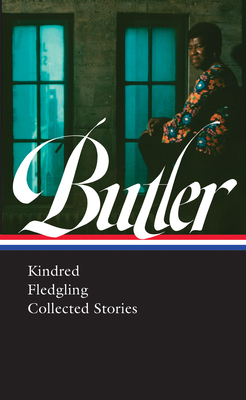
Octavia E. Butler: Kindred, Fledgling, Collected Stories by Octavia Butler (print book)
This first volume in the Library of America edition of science fiction writer Octavia E. Butler’s collected works opens with her masterpiece, Kindred, one of the landmark American novels of the last half century.
On Girlhood: 15 Stories from the Well-Read Black Girl Library edited by Gloria Edim (print book)
Glory Edim launches her Well-Read Black Girl Library with this vital anthology celebrating stories from such luminaries as Toni Morrison and Alice Walker.
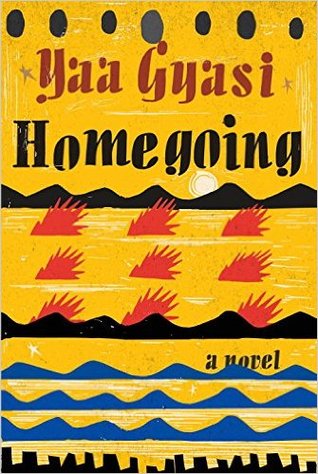
Homegoing by Yaa Gyasi (print book)
Stretching from the tribal wars of Ghana to slavery and Civil War in America, from the coal mines in the north to the Great Migration to the streets of 20th century Harlem, Yaa Gyasi has written a modern masterpiece, a novel that moves through histories and geographies and–with outstanding economy and force–captures the troubled spirit of our own nation.
Resilience and Success: The Professional Journeys of African American Women Scientists by Kabba E. Colley and Binta M. Colley (print book)
Resilience and Success charts the education and career trajectories of African American women scientists. The stories of these women serve as a model for the way families, teachers, counselors, community activists and policy makers can participate in developing a new generation of African American women scientists.
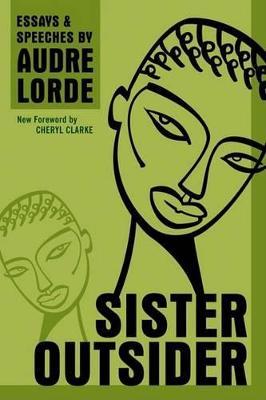
Sister Outsider: Essays and Speeches by Audre Lorde (eBook)
Presenting the essential writings of black lesbian poet and feminist writer Audre Lorde, Sister Outsider celebrates an influential voice in twentieth-century literature. In this charged collection of fifteen essays and speeches, Lorde takes on sexism, racism, ageism, homophobia, and class, and propounds social difference as a vehicle for action and change.
So You Want to Talk About Race by Ijeoma Oluo (print and eBook)
In So You Want to Talk About Race, Ijeoma Oluo guides readers of all races through subjects ranging from intersectionality and affirmative action to ‘model minorities’ in an attempt to make the seemingly impossible possible: honest conversations about race and racism, and how they infect almost every aspect of American life.
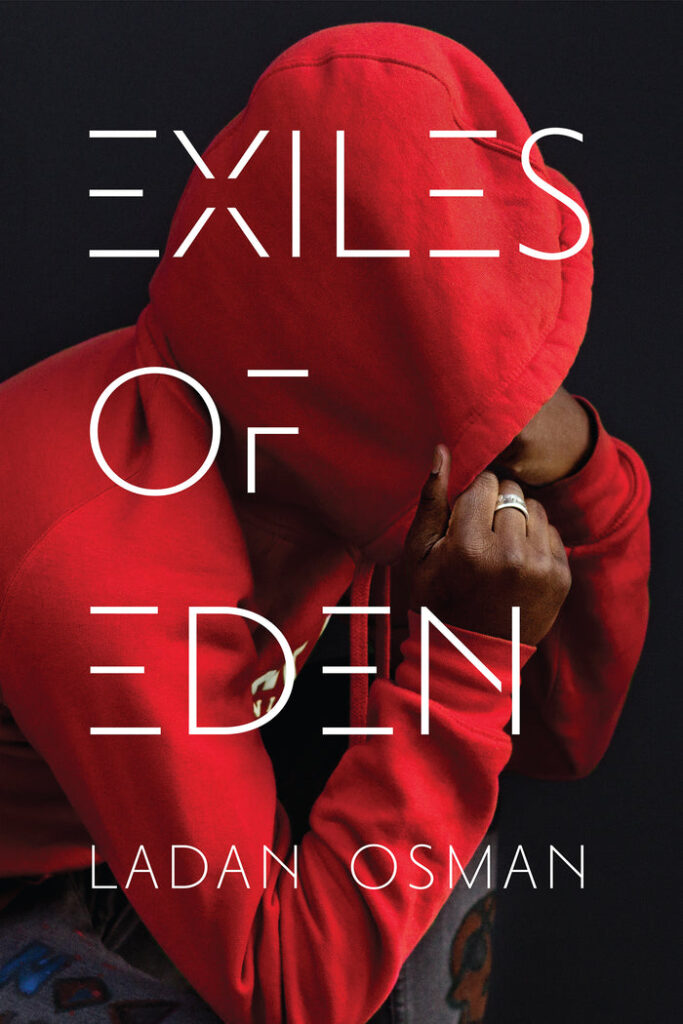
Exiles of Eden by Ladan Osman (print and eBook)
Exiles of Eden looks at the origin story of Adam, Eve, and their exile from the Garden of Eden, exploring displacement and alienation from its mythological origins to the present. In this formally experimental collection steeped in Somali narrative tradition, Osman gives voice to the experiences and traumas of displaced people over multiple generations.
I Must Resist: Bayard Rustin’s Life in Letters by Bayard Rustin (print and eBook)
Civil Rights activist Bayard Rustin’s life story told in his own words through his intimate correspondence, published on the centennial of his birth.
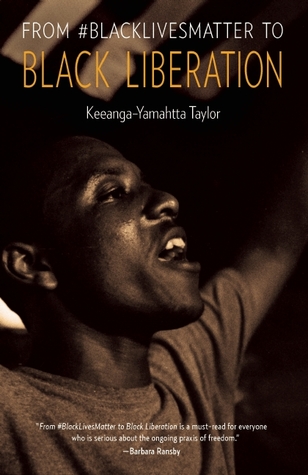
From #BlackLivesMatter to Black Liberation by Keeanga-Yamahtta Taylor (print book)
Activist and scholar Keeanga-Yamahtta Taylor surveys the historical and contemporary ravages of racism and persistence of structural inequality such as mass incarceration and Black unemployment. In this context, she argues that this new struggle against police violence holds the potential to reignite a broader push for Black liberation.



